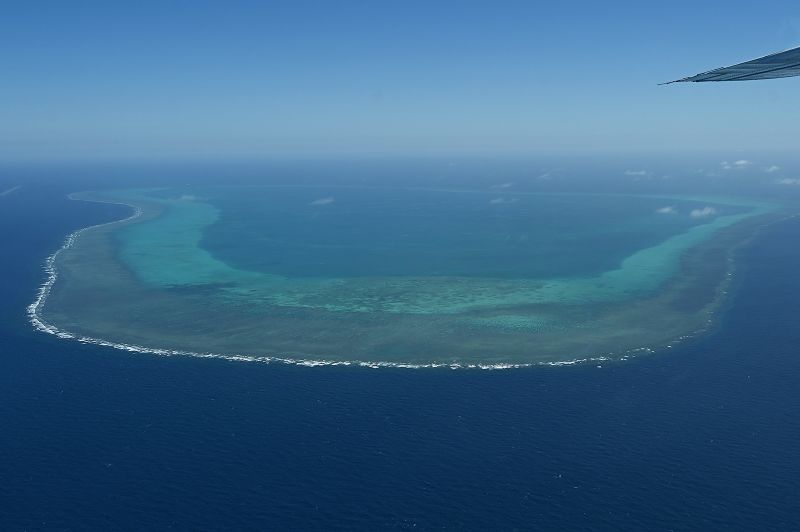
Philippines condemns China’s ‘illegal and reckless’ actions for dropping flares in the skies above South China Sea
Philippine President Ferdinand Marcos Jr. condemned on Sunday Chinese air force actions in waters of the South China Sea claimed by both countries, calling the actions “unjustified, illegal and reckless.”
A day earlier, Manila and Beijing accused each other of disrupting their militaries’ operations around the Scarborough Shoal in the first incident since Marcos took office in 2022, in which the Philippines has complained of dangerous actions by Chinese aircraft. Previously, the actions had involved navy or coast guard vessels.
The Philippine military condemned “dangerous and provocative actions” when two Chinese aircraft dropped flares in the path of a Philippine aircraft during a routine patrol around the shoal on Thursday.
The Chinese military’s Southern Theater Command countered that the Philippines had disrupted its training, accusing Manila of “illegally intruding” into its airspace.
On Sunday, Marcos urged China to act responsibly both in the seas and in the skies.
“We have hardly started to calm the waters, and it is already worrying that there could be instability in our airspace,” Marcos said in a statement posted by the Presidential Communications Office on the social media platform X.
The Chinese embassy in Manila did not immediately respond to a request for comment.
The Scarborough Shoal is one of Asia’s most contested maritime features and a flashpoint for flare-ups over sovereignty and fishing rights.
Chester Cabalza, president of the Manila-based think tank International Development and Security Cooperation, said China’s actions were a “show of force” in response to Manila’s participation in multi-nation drills that promote freedom of navigation and overflight.
“After a series of gray zone tactics at sea, we may probably see dog fights up in the sky if China continues its growing antagonism in the Philippines’ air and defence zones,” Cabalza said.
Beijing claims almost all of the South China Sea, a conduit for more than $3 trillion of annual shipborne commerce, including parts claimed by the Philippines, Vietnam, Indonesia, Malaysia and Brunei.
China rejects a 2016 ruling by the Permanent Court of Arbitration in The Hague that Beijing’s expansive claims had no basis under international law.
